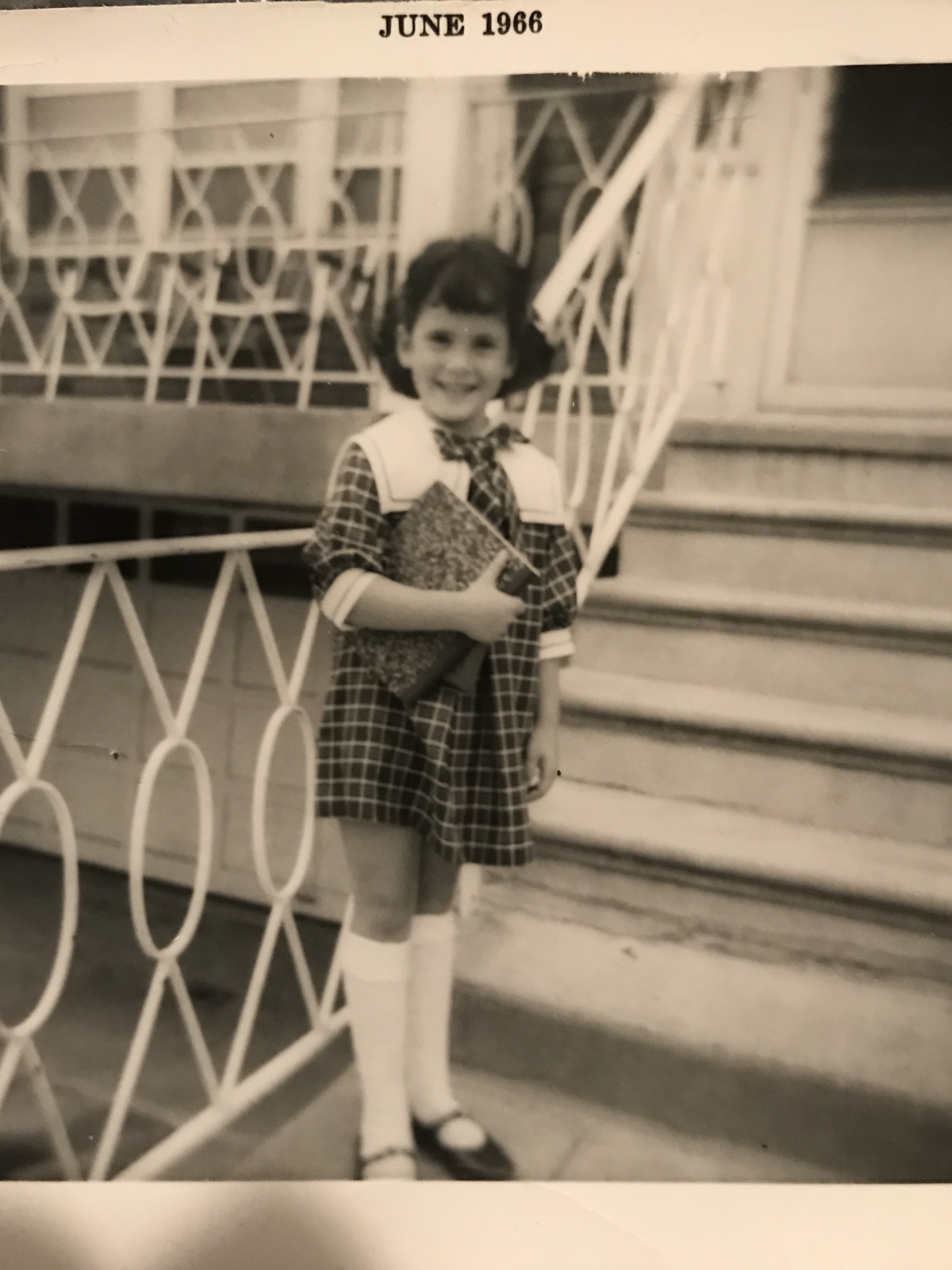Governor Cuomo is in trouble. I have mixed feelings about that. He is a complicated public figure. I can’t claim to have first-hand knowledge of how he operates but having worked with his administration on education issues and knowing folks who have attended meetings with him and living in the Albany area for the last thirty years, I have certainly formed opinions about him. Before the pandemic, my impression was largely negative, even though most of his policies aligned with my own views. I did not like the way he did business.
Recent reports that Governor Cuomo or his aides threatened to ruin the careers of adversaries are very believable. I think that has been Cuomo’s modus operandi for most of his career. The evidence suggests that he is a bully. Maybe our culture is changing such that his behavior has become unacceptable and that would be a good thing. I think, to varying degrees, bullying in the workplace has been acceptable in the past. I have worked with men who got away with a version of that – yelling and intimidating people to get their way, driving employees to tears. Maybe they didn’t go so far as to threaten to ruin careers, but scaring underlings was a tool they used. Perhaps they had anger management issues, but nobody called them on it. From what I have observed, some men benefitted from the behavior. Cuomo may be caught in a changing tide. What was once okay (or at least overlooked) is now not. One question this raises is: what is the penalty for that? I’m not sure that the punishment (forced to resign or impeached) meets that crime. Is it enough for him to acknowledge it and pledge to behave better? (If he was willing to do that.) Should he be forced to step down? It would be a simpler calculus if that was all he was accused of.
The allegations of sexual harassment are another matter. I have to admit that these charges came as a surprise to me. It was not something I heard whispers about before, though that doesn’t prove anything. At first, I wondered if the allegations were actually more about how his bullying behavior manifested with women. The first reported complaint that I read about, back in December, sounded like that. Creating a toxic work environment was consistent with what I understood about him. Unwanted touching, though, is a whole other thing. The incident at the wedding where he cupped the young woman’s face (she wasn’t an employee of his) and asked if he could kiss her sounds like he was being a creep (perhaps drunk?) and doesn’t reflect well on him but does not seem to be harassment. Now there have been other allegations that involve more aggressive unwanted touching of employees. The question this raises is: should he resign based on the allegations? I think the investigation should play out first. I know that in the heat of the stories emerging, it is tempting to leap to conclusions, but a rush to judgment isn’t fair. I think there has been too much of that.
Then there is the nursing home situation that is also being investigated. The issues here fall into a couple of different categories. The coverage I have read has focused on the wrong things. The number of deaths reported in which categories is less important than the facts of the deaths. We need to understand what happened and what can we learn from it.
Throughout the pandemic, at all of those press conferences which I watched, the person I was least impressed with was the Health Commissioner, Howard Zucker. He did not inspire confidence, unlike the Governor. I know he, and the whole administration, was faced with an unprecedented crisis. And, to add to the challenge, they didn’t get guidance or support from the federal government. Even cutting Zucker some slack for that, I don’t think he performed well. His role in managing the nursing home situation needs to be understood. While the buck stops with Cuomo, I have to assume that decisions about protocols were largely informed by medical advisors. What guidance did Zucker offer?
The first question with the nursing homes is: what guidance did the state give regarding Covid patients? Were nursing homes given support, in terms of PPE, respirators, or treatment suggestions? Was the state made aware of what was happening on the ground? How timely and adequately was support given? What instructions were the hospitals given about releasing Covid patients back into nursing facilities? If the Attorney General’s investigation answered these questions, I didn’t see much coverage of it. These are far more important questions than whether nursing home deaths were erroneously counted as hospital deaths. No one has said that the total number of deaths was undercounted.
I can imagine, in the midst of the crisis, that it was all a giant clusterfuck. Some of it can be forgiven because no one knew what to do, but if decisions were made that led to more deaths, we need to understand that. Not for the purposes of punishing someone necessarily, though if it involved negligence or willful disregard for human life then we would need to assign consequences, but rather so that we learn and do better. There will likely be another pandemic.
Then there is the allegation that the Cuomo administration lied on federal forms in reporting nursing home deaths. I am not suggesting that Cuomo gets a pass on the handling of the nursing home debacle. If he directed people to lie on federal forms, there needs to be a consequence. Given the posture of the Trump administration, their incompetence and politicizing of everything, it is easy to imagine the Cuomo obfuscating, if not outright lying. Truthfully when the allegations that they lied on federal forms came out, especially when it didn’t mean that he lied to the us (New Yorkers) about the number of deaths, I didn’t give a shit. I could be missing something, but in the midst of all that was and is going on, with the virus still raging and so many suffering, I thought there have to be more important things to be focused on.
We need to concentrate on the right questions. Unfortunately for Cuomo, he has made a lot of enemies, probably deservedly, and they want to capitalize on whatever they can get on him, regardless of whether it rises to the level of an impeachable offense. Add to that the usual partisan power politics, Republicans would love to take advantage of Cuomo’s weakness, and we have a situation ripe for a rush to judgment.
I took comfort from Cuomo’s guidance during those daily press conferences. He provided leadership that we needed. He deserves credit for that. In the midst of calamity, he made many decisions that saved lives and stepped into a role that should have been filled by the President but wasn’t. How does that fit into the analysis of how he gets treated now?
On the one hand, I like the fact that Democrats demand a standard of behavior for elected officials. I would like some standard to have been applied to Trump. On the other hand, we can’t have knee jerk responses to allegations. Lots of prominent Democrats have come out saying that Cuomo should resign. They say he has lost the confidence of the people of New York. Has he? One thing I haven’t seen reported is what do New Yorkers think? What do the polls show? We are bombarded by polling most of the time. While I don’t like the idea of making decisions based on poll results, it seems relevant in this case since Cuomo is in office by virtue of the most important poll, the one in the voting booth.
I think the investigation(s) should play out. When we understand what Cuomo has done, then we can make an informed judgment about his future.
Note: I wrote and posted this before seeing that Quinnipiac has a poll out showing 55% of New Yorkers approve of Governor Cuomo. I think that supports my point.


